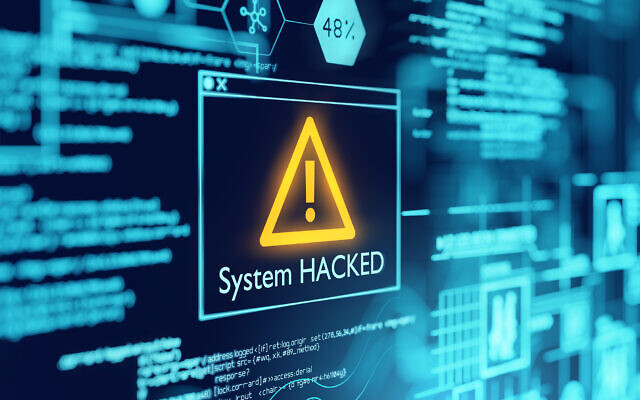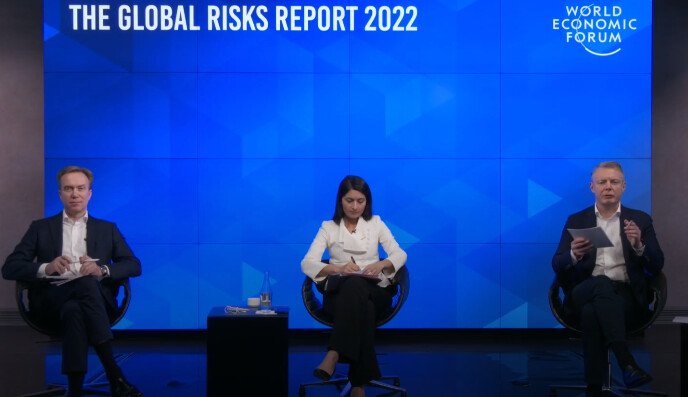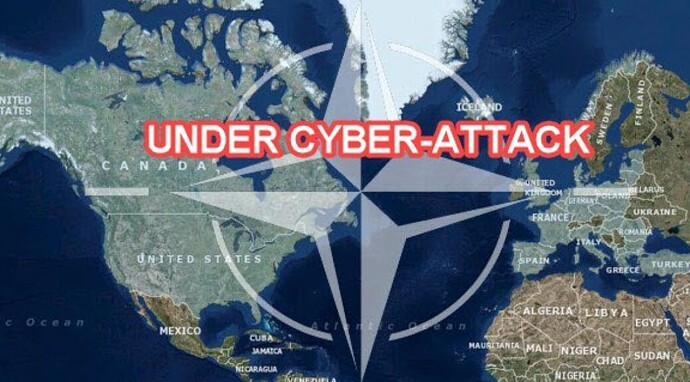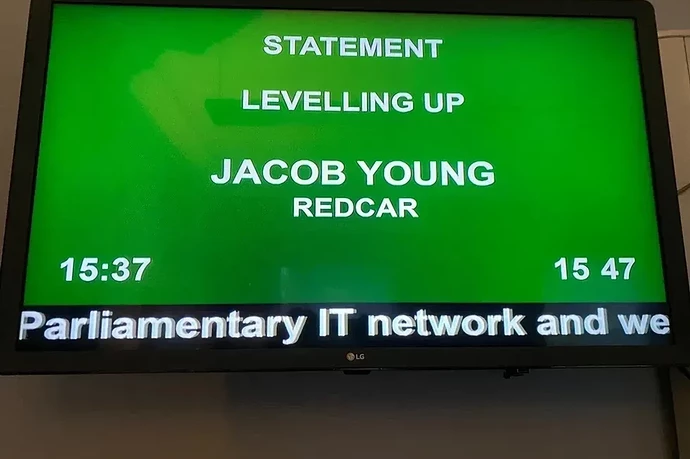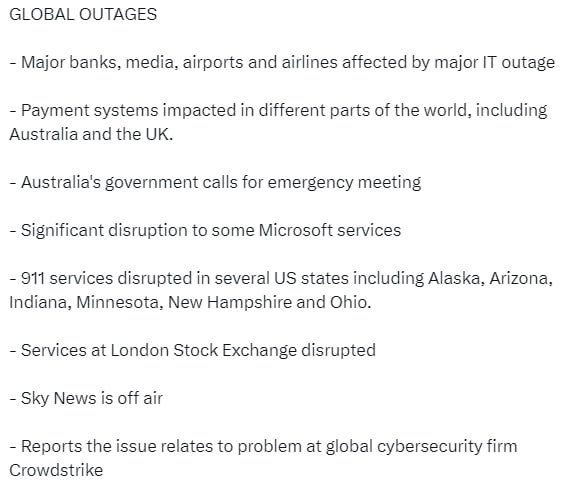Darktrace, Cybereason and Carbyne911 aren’t simply pioneers in a fast moving tech sector. Rather, they are intrinsically linked to the same old intelligence agencies who are attempting to reinvent themselves under a different, more acceptable guise. They are creating the infrastructure designed to subvert our current systems. An unsupervised A.I. behemoth that will require as much data as possible to power and our governments have already agreed to give away everything they can.
All of these technologies must be thought about, not only in relation to just an election day cyber-attack or a terrorist event, but instead think of this in its original and larger context. The Cambridge mathematicians behind the creation of Darktrace weren’t originally looking to prevent a cyberattack on election day 2020. These high flying math geniuses were trying to create the singularity, the creation of self learning A.I. This advancing technology will soon be fed with more data sets than the human brain is capable of imagining. In a move to take self learning A.I. online, the cyber threat to the elections will just be a smoke screen to avoid the larger more pertinent public policy questions concerning the safety and ethics of unsupervised self learning A.I., and more importantly, the major risks attached to these unknown systems.
The companies holding this all powerful future tech no longer bother to hide their associations and allegiances. Their various companies are riddled with American, British, and Israeli intelligence agents who plan on using this kind of technology to target their own populations. It is no coincidence then that some of these same nations have been covertly working on developing an A.I. that would replace human hackers, automating the very threat that companies like Darktrace and Cybereason claim to be guarding us against. Darktrace and Cybereason: The Intelligence Front Companies Seeking to Subjugate the World with the A.I. Singularity
Top US oilfield firm Halliburton hit by cyberattack, source says
U.S. oilfield services firm Halliburton on Wednesday was hit by a cyberattack, according to a person familiar with the matter.
Halliburton said it was aware of an issue affecting certain systems at the company and was working to determine the cause and impact of the problem. The company was also working with "leading external experts" to fix the issue, a spokesperson said in an emailed statement.
The attack appeared to impact business operations at the company's north Houston campus, as well as some global connectivity networks, the person said, who declined to be identified because they were not authorized to speak on the record.
The company has asked some staff not to connect to internal networks, the person said.
Houston, Texas-based Halliburton is one of the largest oilfield services firms in the world, providing drilling services and equipment to major energy producers around the globe. It had nearly 48,000 employees and operated in more than 70 countries at the end of last year.
Cyberattacks have been a major headache for the energy industry. In 2021, hackers attacked the Colonial Pipeline with ransomware, causing a days-long shutdown to the major fuel supply line.
That breach, which the FBI attributed to a gang called DarkSide, led to a spike in gasoline prices, panic buying and localized fuel shortages.
Several major U.S. companies have suffered ransomware attacks in recent years, including UnitedHealth Group, gambling giants MGM Resorts International, Caesars Entertainment CZR.O and consumer good maker Clorox.
While its unclear what exactly is happening at Halliburton, ransom software works by encrypting victims' data. Typically, hackers will offer the victim a key in return for cryptocurrency payments that can run into the hundreds of thousands or even millions of dollars.
If the victim resists, hackers sometimes threaten to leak confidential data in a bid to pile on the pressure.
The ransomware group DarkSide, suspected by U.S. authorities of the Colonial Pipeline attack, for example, said it wanted to make money. Colonial Pipeline's CEO said his company paid a $4.4 million ransom as executives were unsure how badly its systems were breached or how long it would take to restore the pipeline.




